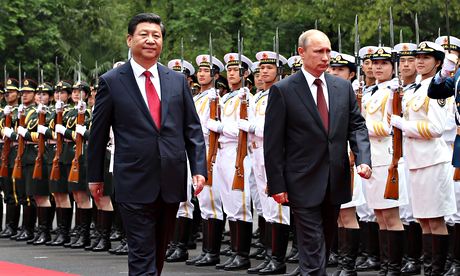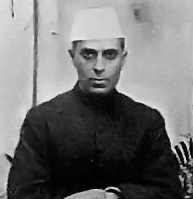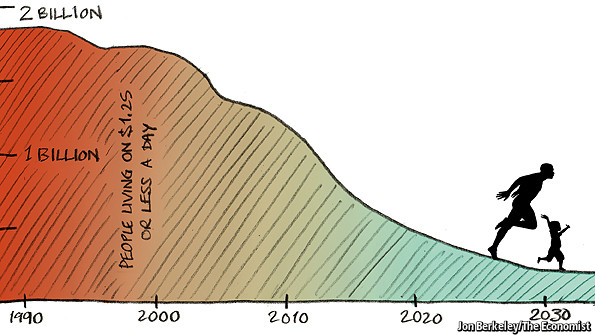Back then, in the upper-middle-class home and context in which I lived and thought and did stupid things, we lacked a great number of material comforts. In the hot, hot Neyveli, we did not have air conditioning, which is not that difficult to imagine. But, we did not even own a refrigerator. No fridge at home meant that even a cold drink was, thus, a special treat. A treat that my parents rarely ever made possible despite our pleas when we went to the only market in town--the Main Bazaar.
All because we simply could not afford those luxuries. And to think that it was the case not even forty years ago; the changes have been rapid!
As a kid, I noticed that some of my classmates had refrigerators in their homes and wondered why we did not have one at ours. Those days, the difference in professional titles did not translate to wide differences in the earnings, which meant that there was more than mere affordability at play. Yes, as a kid I thought a lot about these issues, too, when I was not thinking about that girl!
.jpg) |
| You think you can identify me here? I didn't think so! ;) |
Whenever we visited with my mother's aunt in Madras, I loved the cold, cold, yogurt they brought out of the fridge. Even now I narrate to them that experience--every single time I meet them, even if they are tired of hearing that! But, hey, I tend to repeat things. But, hey, I tend to repeat things.
Now rare is a middle-class home in India without a fridge. It is a prosperous country for quite a few hundreds of million Indians. The problem is the lack of electricity, but that is a different blog-post for another day.
A fridge is more than a device to cool food and drinks. While a typical male might think of a fridge as nothing more than a beer-chiller,
Fridges are transforming women’s lives in India and other emerging markets, just as they did in developed countries decades ago. They are next on families’ wishlists after mobile phones and televisions, usually becoming affordable when household incomes pass around $3,000 a year. Take-up is swifter in places that are urbanising fast. According to Euromonitor, a research firm, ownership in China has leapt from 24% in 1994 to 88% today, whereas in Peru, which has similar GDP per head but is more rural, it is still only 45%. In India 27% of households own a fridge, a share that Tassos Stassopoulos of AllianceBernstein, a fund manager, thinks could double in less than a decade.I often remark in classes that economic development is really a story about women. We often fail to even spot the phenomenal transformations in women's lives as societies transition from the old ways. Women in developing countries, especially the married ones with kids, know all too well how much their lives will be even more complicated with backbreaking chores if they did not have fridges at home. The ones that do not have fridges know how much those gadgets can make lives easier.
If you want more proof, then ask middle class women in developing countries whether they will be willing to give up the fridge or the washing machine--or, worse, both. Be ready to be kicked in the groin for even asking them that! ;)
.JPG)















